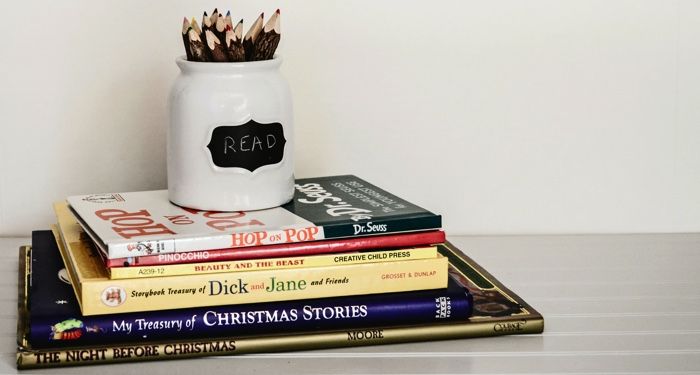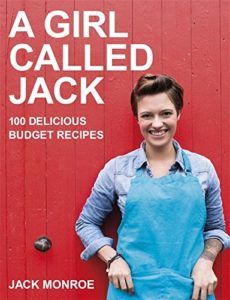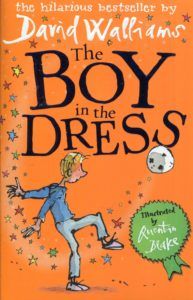
David Walliams: Classist Fatshaming or Deflating the Pompous?
In early July, HarperCollins leapt to the defence of children’s author David Walliams, when food writer Jack Monroe tweeted heavy criticism of his work. Walliams is a white British man, a multi-millionaire who worked in theatre and television before turning his hand to pen and paper. Walliams isn’t a stranger to controversy. Earlier in 2020, he and his co-creator Matt Lucas apologised for their use of blackface during Little Britain, noting that it was not their first apology and doubling down on their regret for past actions.
Jack Monroe is a British food writer, known for her campaigning on poverty issues, specifically around hunger. She rose to prominence with her blog, which focused on ‘austerity recipes’ and aimed to provide a family with meals on a £10 weekly budget.
In July, Monroe’s son finished reading Walliams’ books, which have sold almost 40 million copies globally. She leafed through The World’s Worst Parents and learned of a character who was deemed boring because “she lives in a tower block and cleans toilets.” Jack pointed out her disbelief that she could be one of the world’s worst parents when “all she does is love her kids and make them laugh?” Jack said that laughing at poor people was a theme in the books and that Walliams undermined working class families. She further cited that the word ‘fat’ was often used as a derogatory term.
I will be the first to admit that I haven’t read Walliams’ work cover to cover— at best, I have glanced across a few pages out of curiosity, given the prolific nature of his work on bestseller lists. I don’t have young children, so his books wouldn’t generally cross my path. But Monroe’s statements certainly started a conversation online, with many parents agreeing with her that Walliams’s books were not the ideal they would wish their children to read.
But Walliams also had his defenders. HarperCollins said that he uses comedy and surreal humour to confront difficult issues for real children. Some of his earliest books were illustrated by Quentin Blake and there is no denying that the legacy of Roald Dahl is strong in his work. His first book was The Boy in the Dress, the story of a boy who likes to wear women’s clothes, and depicts this as a healthy and acceptable outlet, rather than something shameful. I’ve also looked into Billionaire Boy, which tells the tale the richest boy in the country, who correspondingly has no friends.
There is perhaps no right or wrong answer here. I support a lot of Jack Monroe’s activism but I agree that humour is an important method of confronting tricky issues, especially for younger readers. Without the humour Jacqueline Wilson brought to her books in the 1990s, I wouldn’t have read any more than one. Her books helped me to understand so much of the world beyond my own front door, including divorce, mental health, and poverty. I was too young to actively seek out this knowledge, and casting these stories with levity was crucial to helping me understand.
Children’s books are a crucial part of social and societal education, even in their most fantastical form. After all, stories like Charlie and the Chocolate Factory aren’t really about chocolate factories, and sometimes caging a reality inside a fantasy is a great way to bridge a gap while teaching vital lessons. If books couldn’t use humour and nonsense to teach key social lessons, I wonder if children would even read. Children’s nonfiction is on the rise, but the fantastic world of children’s fiction remains a place to learn, imagine, and stimulate creativity.
That said, Walliams is certainly a wealthy and privileged person who may not realise the impact of some of the terms he uses, and how some of the subtler messages in his books could be construed. Walliams was well educated and accessed the joy of many opportunities in his youth. He didn’t live in some of the worlds he writes about, but real people do. There are all too many people in poverty in the UK.
On top of all that, people from working class backgrounds are disproportionately cut out of the opportunity to tell their own stories. Fiction means that any person can occupy any world, but if the world is realistic, detail is key. Perhaps Walliams isn’t best placed to tell stories that hit so close to home for significant proportions of the population.


















